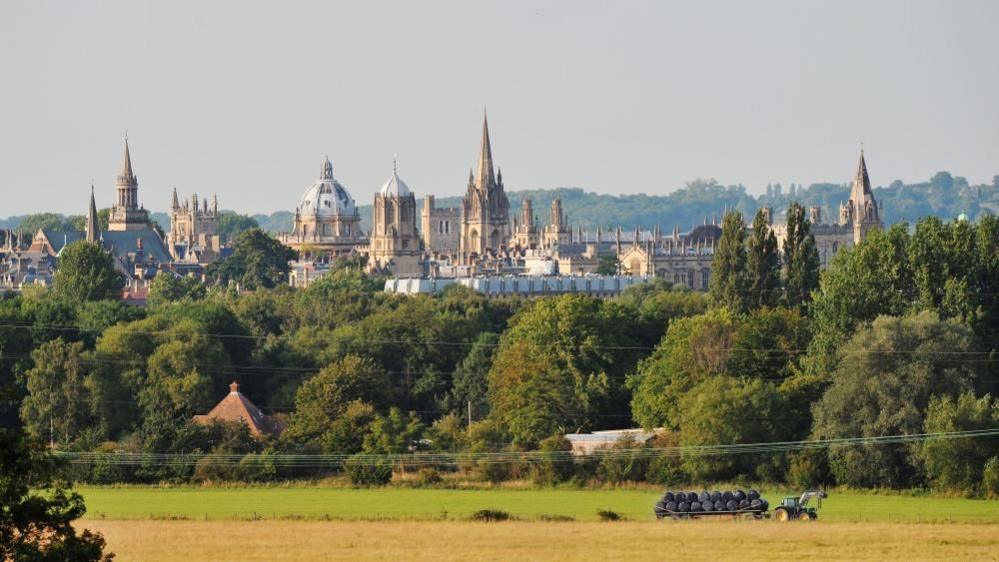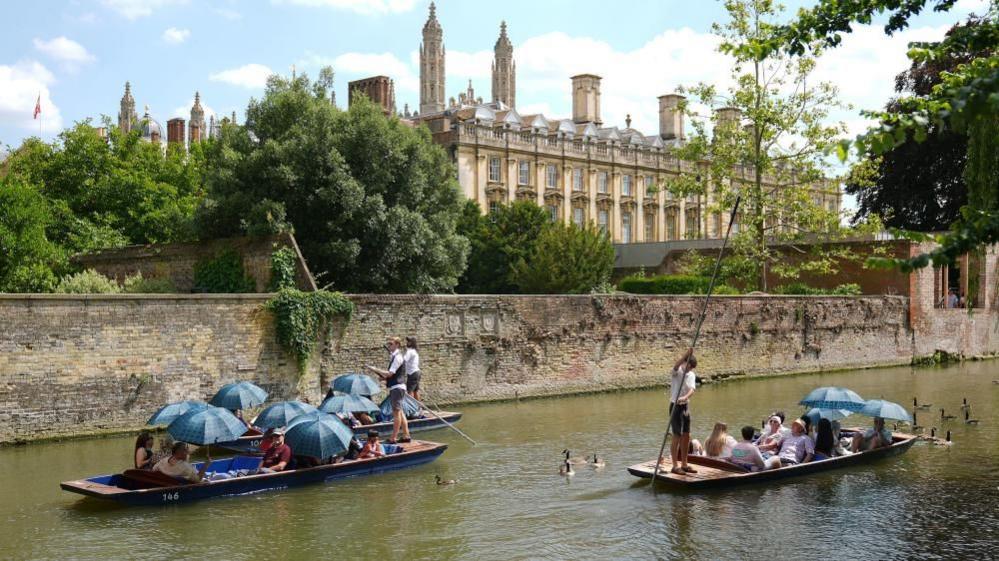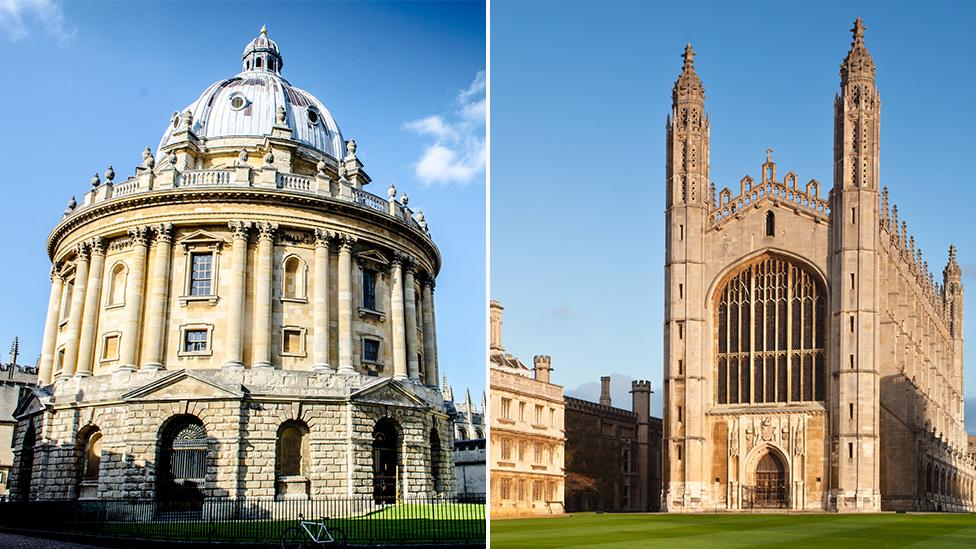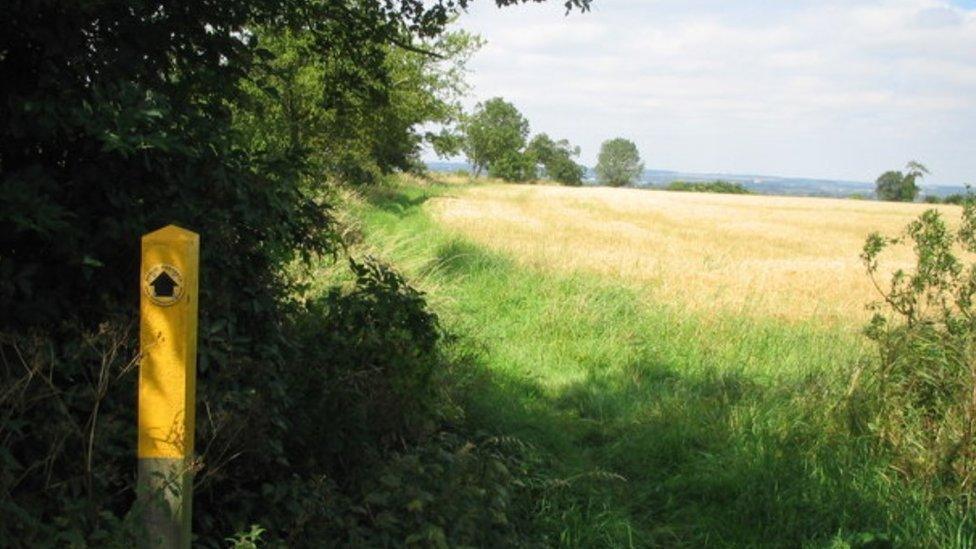Oxford-Cambridge arc has 'failed' - campaign group

A campaign group says the Oxford-Cambridge arc idea has failed
- Published
A campaign group says the idea of creating an economic arc between Britain's two most famous university cities has "comprehensively failed".
The Stop the Arc Group said the claim that there was an Oxford-Cambridge "region or supercluster" had "no basis in economic reality".
Industry leaders recently urged the government to make the "Oxford-Cambridge region" the "crown jewel" of European science and innovation.
But Stop the Arc Group trustee Nick Burton told the BBC that Oxford and Cambridge had successful universities, with "adjacent science parks", and "little in between".

Nick Burton says Oxford and Cambridge have successful universities but "little in between"
In a report, external last month, a group made up of businesses, investors and universities said that unlocking potential growth in the region could benefit the UK by as much as £50bn per year by 2030.
The Oxford-Cambridge Supercluster Board said the region could add billions of pounds to the economy.
It said the "first essential" was to join Oxford and Cambridge with with East West Rail (EWR).
But Mr Burton said East West Rail was not critical to "joining up the region".
He said loss of farmland would mean farming families would lose their land and their livings.
University city must see growth, says minister
- Published2 August 2024
Uni is £30bn 'economic powerhouse' - report
- Published21 March 2023
Science investment 'vital for health of nation'
- Published23 June 2024
The Supercluster Board report proposed a number of "critical policy areas", including accelerating the delivery of laboratory space, improving research and development, and ensuring start-ups have access to the "finance they need to grow".
But Mr Burton said the claim that there is a region or supercluster "has no basis in economic reality".
"Oxford and Cambridge are world-class universities, but are only linked by the most profitable UK area for housebuilding, which is the driving force behind the arc concept, not high tech, entrepreneurship or academia."
He added: "The arc initiative has comprehensively failed."
Follow Cambridgeshire news on BBC Sounds, Facebook, external, Instagram, external and X, external.
Related topics
- Published25 July 2024

- Published19 March 2022

- Published26 October 2018
